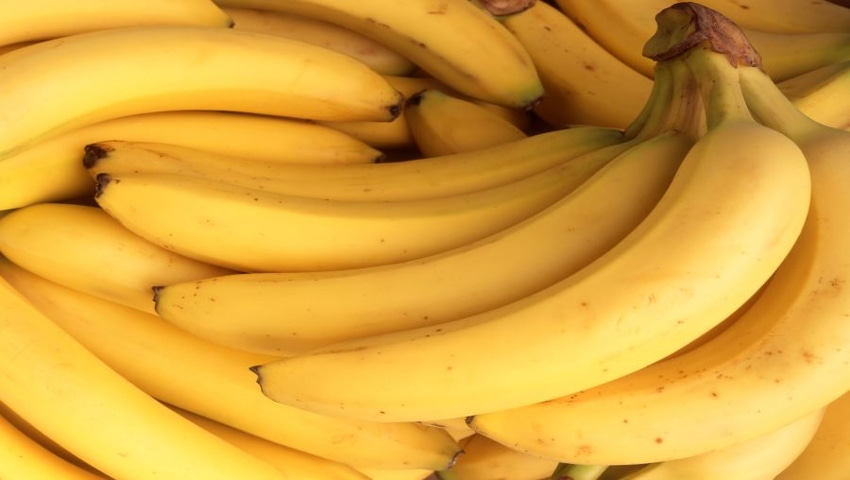Scientists develop genetically modified bananas with longer shelf life
Scientists from Agricultural Research Organization in Israel have developed transgenic banana plants with longer shelf life by reducing expression of two transcription factors, MaMADS1 and MaMADS2.

Scientists from Agricultural Research Organization in Israel have developed transgenic banana plants with longer shelf life by reducing expression of two transcription factors, MaMADS1 and MaMADS2. The results are published in Plant Physiology.
Based on previous studies about ripening genes of tomatoes, the researchers characterized similar genes in bananas known as the MADS box genes, MaMADS1 and MaMADS2. When the expression of these genes was repressed using genetic modification, the banana plants exhibited delayed ripening and extended shelf-life characteristics. The delayed ripening characteristic was linked to the production of ripening hormone, ethylene. In fact, the plants where the gene was repressed the most did not produce ethylene and therefore the ripening was the most delayed in these plants. In addition, the researchers found that the taste and quality of the transgenic bananas remained the same.
Fruits of plants in the genus Musa, including bananas and plantains, represent staple foods for millions of people, especially in developing countries, and are an important carbohydrate and nutrient source for billions more. In developing (including many producing) countries, postharvest methodologies to extend shelf-life are minimal and losses are correspondingly high.
The researchers concluded that, “Delayed ripening and extended postharvest shelf life with minimal inputs have great potential to increase banana value, increase effective yield, and promote food security, absent additional environmental pressure (i.e., the need to increase production area). As the Cavendish banana is parthenocarpic and vegetatively propagated, there are limited options for genetic improvement. Identifying key ripening genes to promote genetic modification via gene editing, transgene integration, or breeding (when possible) is a key route to banana improvement.”
The researchers are now working on commercializing the results to help farmers and producers.
About the Author(s)
You May Also Like




.png?width=800&auto=webp&quality=80&disable=upscale)